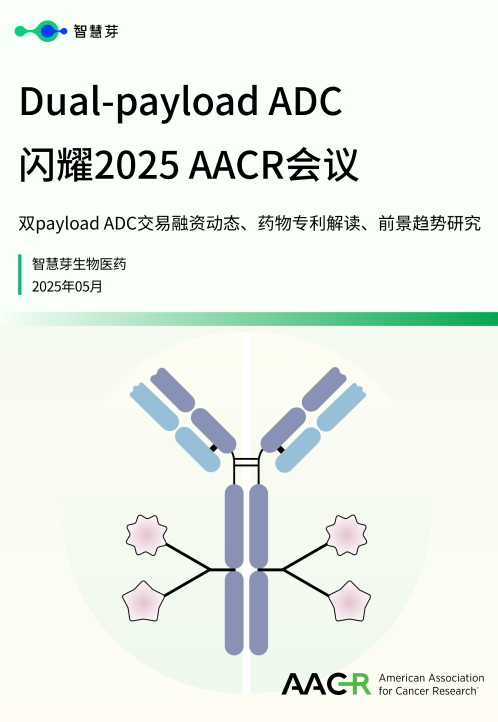预约演示
Burdensome step therapy requirements could delay care for cancer patients: analysis
2024-06-06
Health plan policies try to ensure step therapy does not cause delays in care, but step therapy can lead to more safe health outcomes.
Restrictive health plan policies are increasingly relying on step therapy for cancer drugs, recent analysis from consulting firm Avalere shows.
“We would want to make sure the patient and provider is being provided clear information in terms of what exactly are the utilization management tools associated with a given drug,” she told Fierce Healthcare.
Step therapy mandates patients try one drug or therapy, and, if the treatment is ineffective, they are then approved for the next treatment. If step therapy causes unexpected delays, patientsFierce Healthcare to negative health outcomes.
Utilization management is used by health plans to ensure safety and lower spending for beneficiaries.
Avalere’s Part D analysis showed many plans included step therapy within prior authorization criteria for drugs like Kisqali and Verzenio, drugs prescribed for breast cancer. For Verzenio, step therapy requirements were included 82% of the time.
Avaleresaid she wants the Centers for Medicare & Medicaid Services to be on the lookout for instances of embedded steKisqalipy, aVerzenioation metric tools can breast cancerthey aVerzenioded outside of Part D formularies. She said utilization management tools are used more often following the implementation of the Inflation Reduction Act.
Another ACSCAN paper (PDF) looked at how often Medicare Advantage (MA) plans require step therapy for breast cancer and hepatocellular carcinoma. From 2023 to 2024, most plans increased step therapy requirements, though biosimilar drugs were more likely to have preferred status.
MA plans required step therapy for breast cancer drugs 70% to 95% of the time, except biosimilar drugsbreast cancer Trazhepatocellular carcinoma
Triple or quadruple step therapy rebreast cancercurred less than 1% of the time.KanjintiTrazimera
The analysis found large plan sponsors are requiring step therapy more often than small plan sponsors, a distinction that shouldn’t exist if safety is the main criteria for step therapy inclusion, said Howard.
The reports were supported through grants by PhRMA, AbbVie, Bristol Myers Squibb, Pfizer and other major pharmaceutical companies.
更多内容,请访问原始网站
文中所述内容并不反映新药情报库及其所属公司任何意见及观点,如有版权侵扰或错误之处,请及时联系我们,我们会在24小时内配合处理。
靶点
-Eureka LS:
全新生物医药AI Agent 覆盖科研全链路,让突破性发现快人一步
立即开始免费试用!
智慧芽新药情报库是智慧芽专为生命科学人士构建的基于AI的创新药情报平台,助您全方位提升您的研发与决策效率。
立即开始数据试用!
智慧芽新药库数据也通过智慧芽数据服务平台,以API或者数据包形式对外开放,助您更加充分利用智慧芽新药情报信息。





